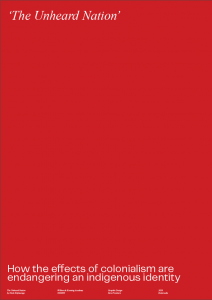The Unheard Nation
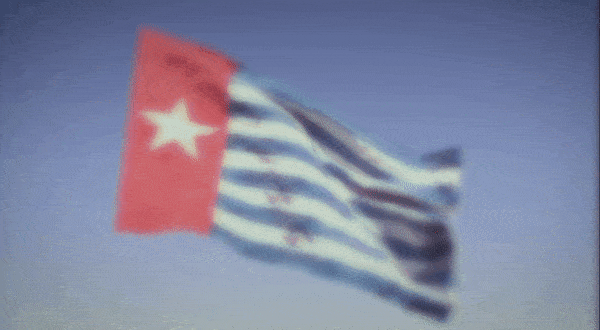
Project details
- Year
- 2020
- Programme
- graphic-design
- Practices
- Commercial
- Minor
- New Frontiers
An interactive documentary that reveals how an imperial legacy has and still does, affect the lives of native Papuans across the world. Colonialism, oppression, and human rights violations are sadly still the daily reality for many Papuans in West Papua. The Republic of Indonesia has occupied the land and treated its people unfairly and unjustly for decades without any international repercussions.
Demmy Koerni
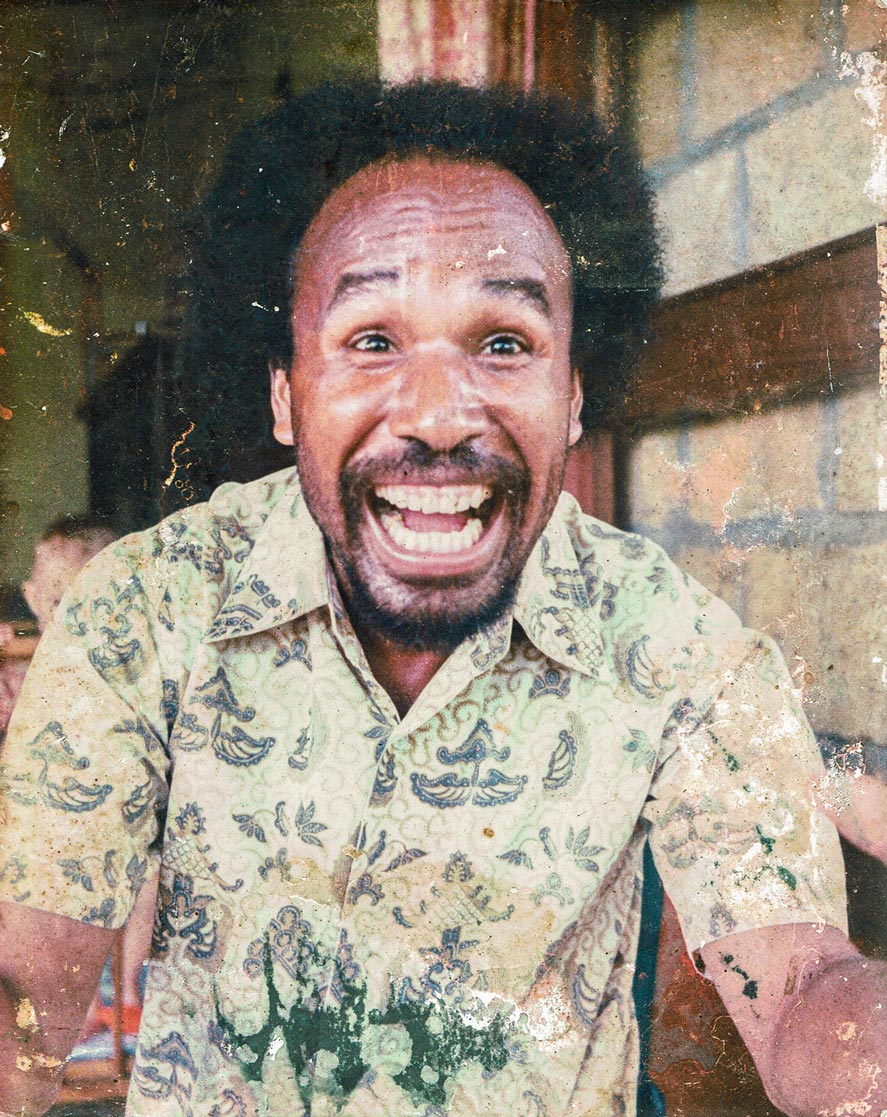
Demianus (Demmy) Wariap Koerni, a now 70-year-old pensioner living in Deventer and my in-law father, was a thriving artist in West Papua in his hay days, with his biggest achievement being voted the best theatre producer of Indonesia in 1983. While studying language at the Cenderawasih University in Jayapura, he finds himself in a circle of young students who are committed to preserving the Papuan culture through music. These friends, which among others consisted of Arnold Ap, Sam Kapisa, and Eddie Mofu, founded the musical group called ‘Mambesak’, meaning shining bird, a reference to Papua’s national symbol and native bird of paradise, in 1978.
The Indonesian government viewed their songs, in which they advocated independence for West Papua, a thread for the nation, as they believed that it promoted separatism, and arrested the named members. Arnold Ap and Eddie Mofu were executed, allegedly while running from the police.

Several members of Mambesak from left to right:
Marthen Sawaki (Second chairman), Arnold Clemens Ap (Chairman),
Demianus Waryap Koerni (Theater), Sam Kapisa (Music).
Demmy knew what he had to do to survive. In 1984, he fled to the eastern part of the island, Papua New Guinea, together with his wife Johanna Wabdaron. There they try to build a new life in several different refugee camps and in 1988 their first daughter is born. In 1994, ten years after they left their home in West Papua, they get the chance to get a one-way ticket to Deventer, the Netherlands, where a year later, on the 14th of April, their second daughter is born. The place they still call home today.
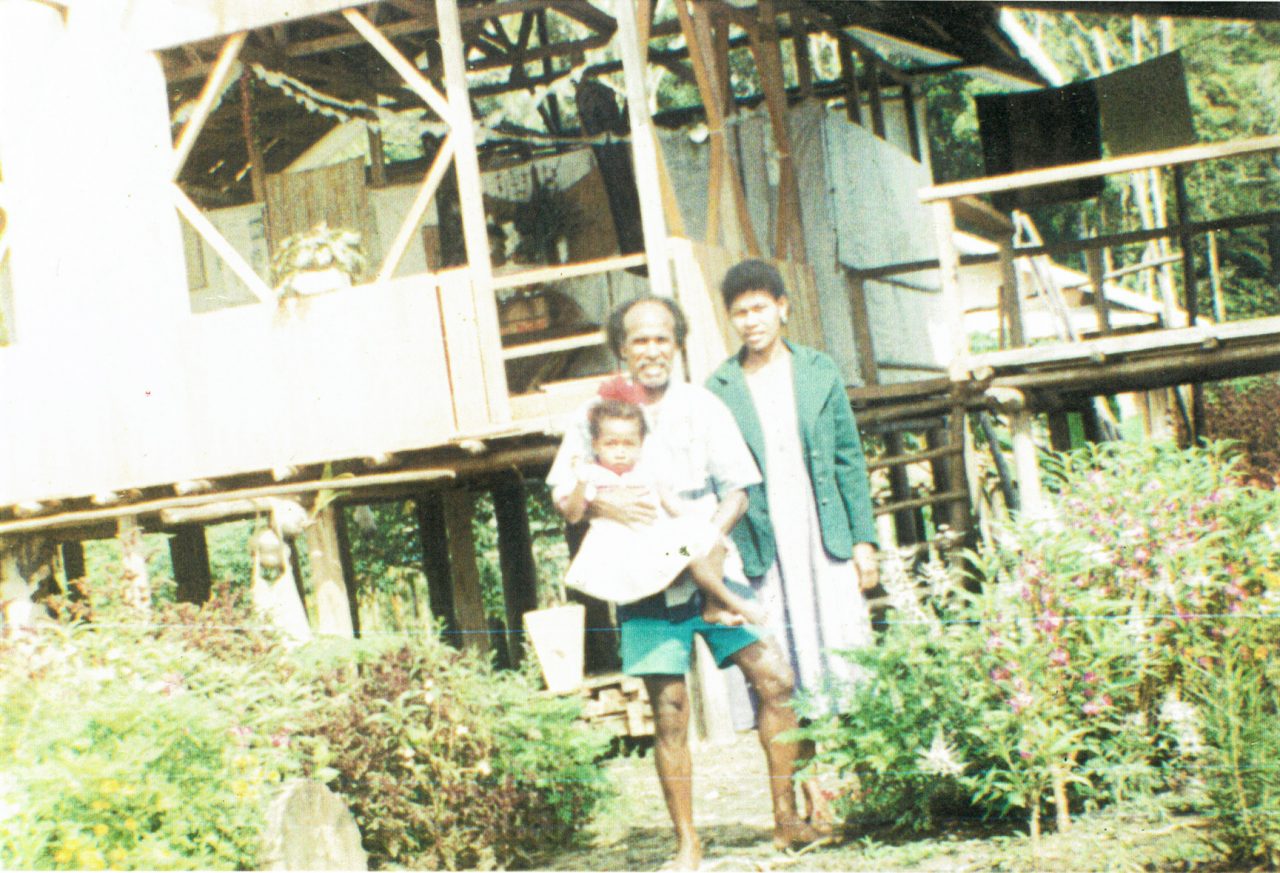
Demmy and Johanna with their newborn daughter in front of their home in the refugee camp, Papua New Guinea.
Sadly, the story of Demmy Koerni is one of many. Even today, human rights violations continue in West Papua, with close to none media coverage.
The Unheard Nation
In The Unheard Nation, the viewer discovers through a visual essay, personal stories, and a conversation piece. Learning about this seemingly mythical conflict of West Papua. But as you progress you realize that this is in fact not a myth, but instead a very dystopian reality. A place where something as simple as raising your own flag can get you 15 years in jail. A place where already 500,000 lives have been lost to the military occupation.
Because there is close to none foreign media access, with The Red Cross and Amnesty International not being allowed in, West Papua’s story gets no coverage. That is why it is essential that the story of West Papua is being told through other routes, like these.
As Raki Ap, the son of Arnold Ap, shares in his story ‘Change is a choice, and it starts with you’.
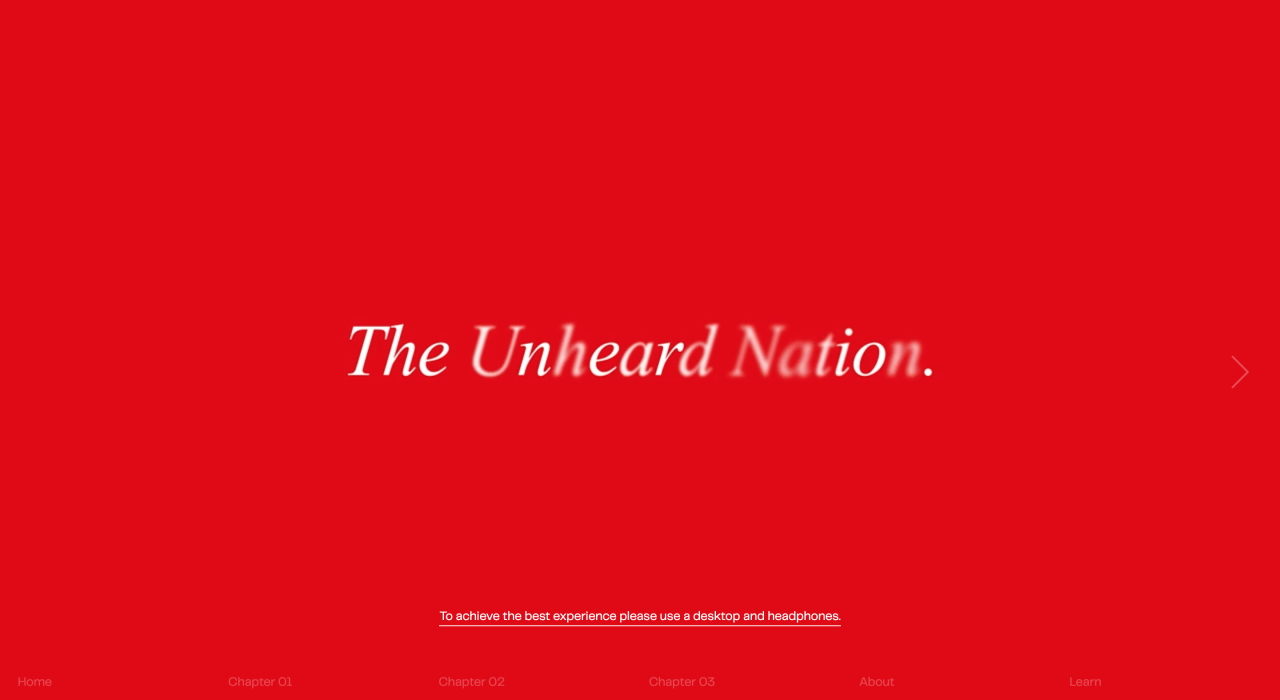
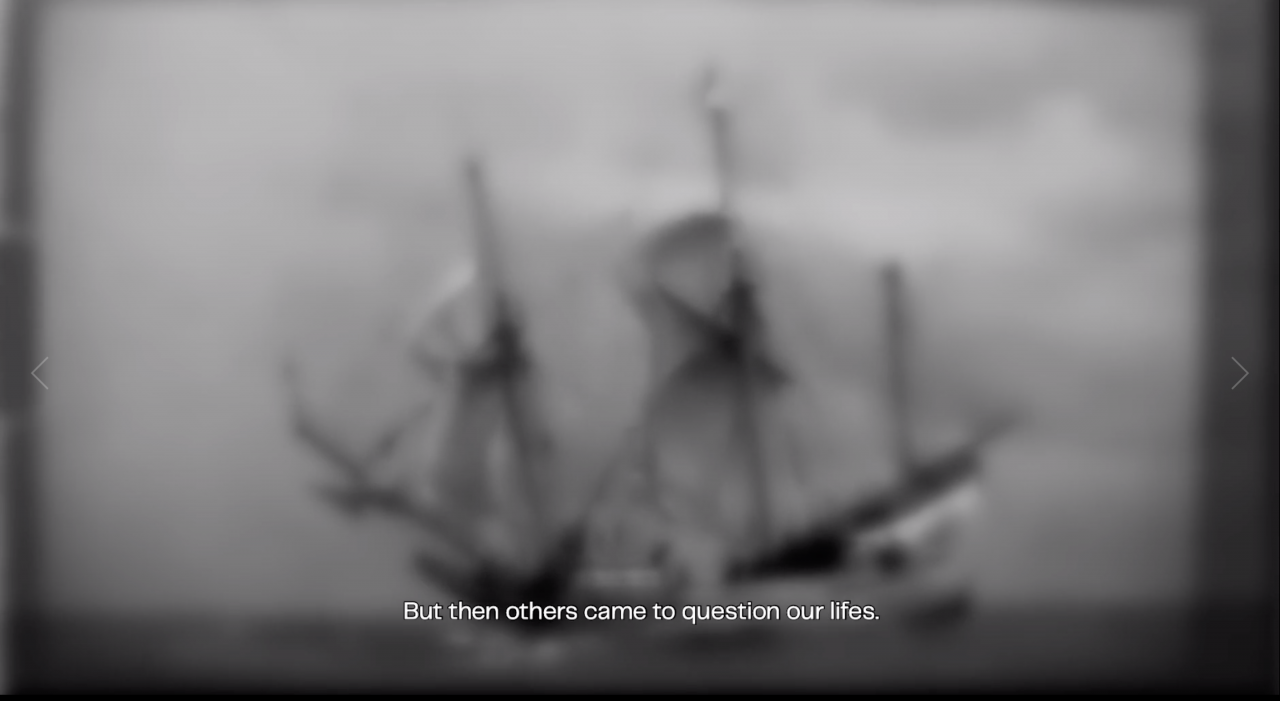

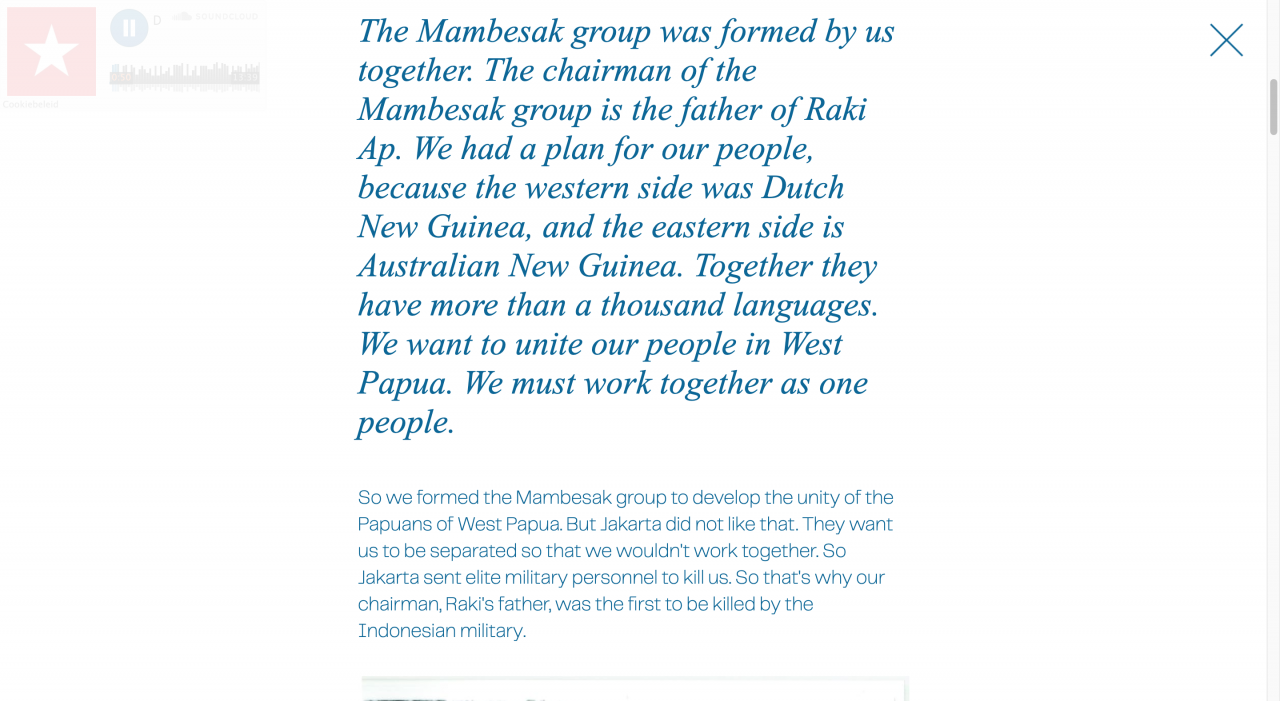
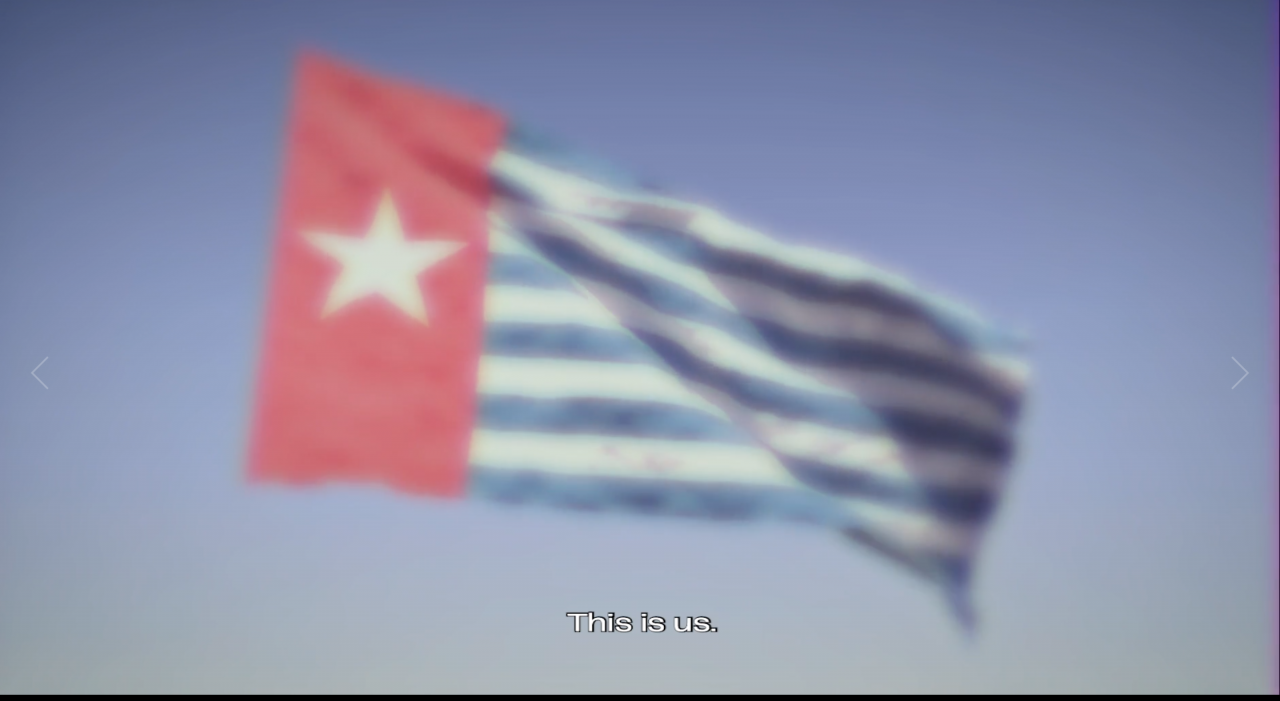
In short
- West Papua is located on the western half of the island of New Guinea, just north of Australia. It’s the second largest in the world with extreme bio- and ethnic diversity. It is also rich in natural resources and it has the largest gold mine in the world.
- West Papua was part of the Dutch East Indies but became the last Dutch colony when Indonesia proclaimed their independence in 1945.
- Prins Bernhard of the Netherlands was exposed for having illegal meetings with American President John F. Kennedy regarding the decolonization of West Papua.
- The Dutch de-colonized West Papua and recognized their independence in 1961, but due to international pressure, the Dutch transferred their sovereignty to the UN, which in turn transferred it to Indonesia.
- A referendum, supervised by the UN, was held by Indonesia in which 1026 of 800.000 Papua’s were handpicked and forced to vote for a pro-Indonesian outcome.
- Indonesia annexed West Papua in 1963 and there has been restricted foreign media access ever since.
- Raising the Morningstar flag, West Papua’s national flag, is punishable by 15 years in jail.
- In 2019, massive protests against racism started across Papua because of the violent arrest of 43 Papuan students in Surabaya, Indonesia, ultimately leading to an internet shutdown.
- Indonesia runs a Twitter propaganda bot network to flood popular hashtags used to express solidarity with West Papua.
- It is estimated that between 100.000 and 500.000 Papuan’s have lost their lives due to Indonesia’s occupation.
